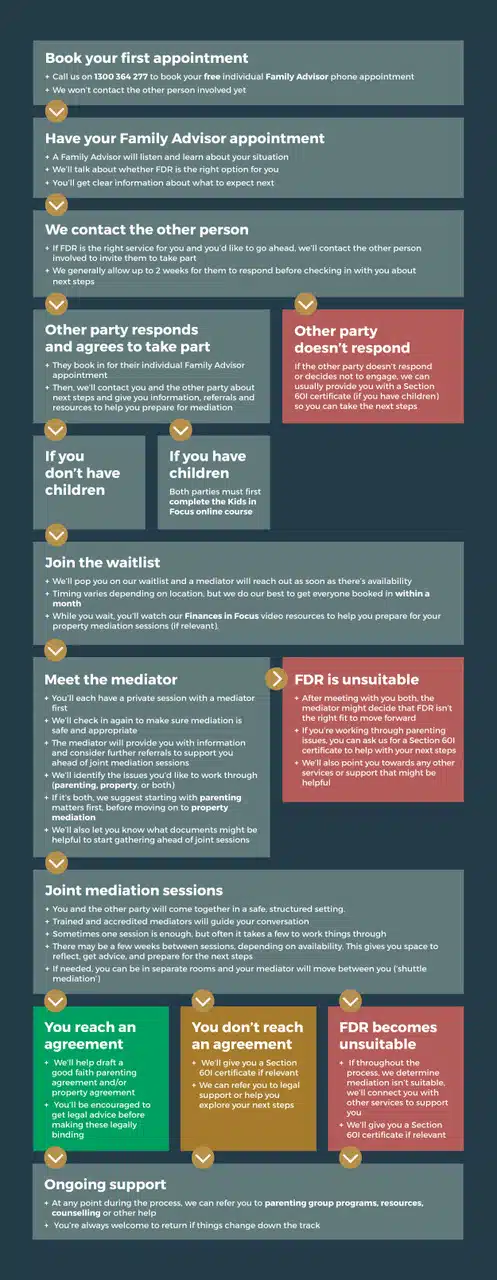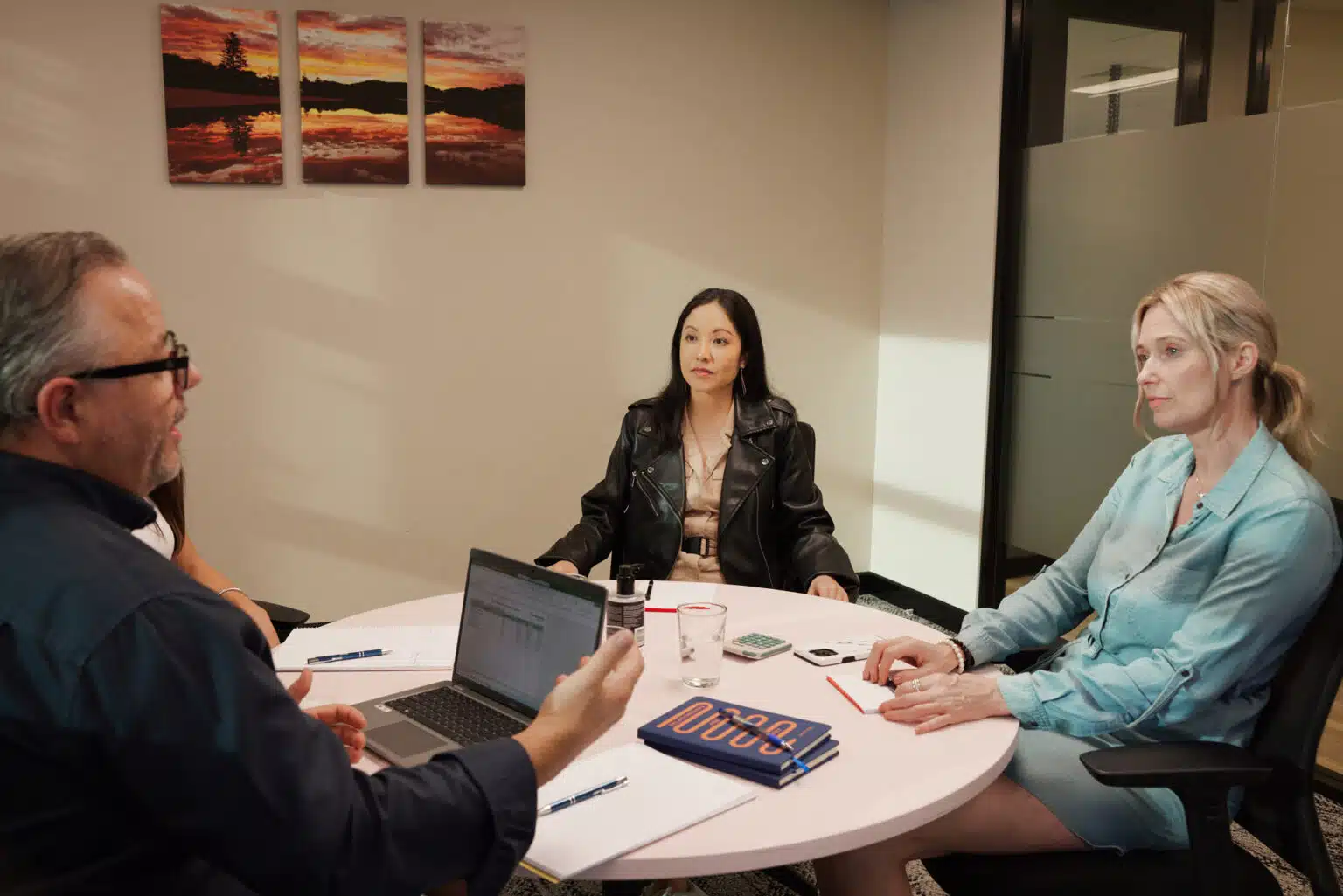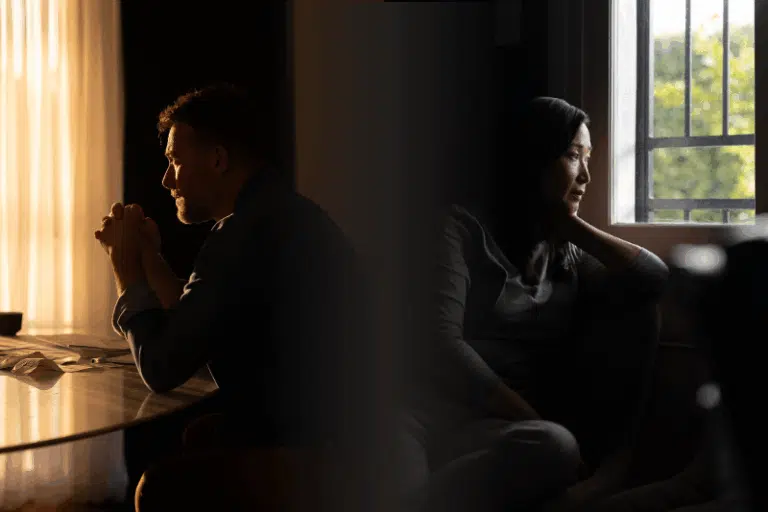當您分居時,家庭糾紛解決 (FDR) 可能會讓您感到茫然。因此,我們製作了這張資訊圖,帶您了解澳洲新南威爾斯州關係協會 (Relationships Australia NSW) 常見的 FDR 途徑。
雖然每個人的情況都不同,但這可以讓您大致了解如果您透過我們的家庭關係中心之一參與 FDR 會發生什麼情況。
典型的 FDR 時間表:

1. 從打電話開始
您的第一步是致電 1300 364 277 預約免費的家庭顧問。我們會進行簡短的溝通,了解您的情況,討論您的選擇,並幫助您確定 FDR 是否適合您。我們也可以推薦更多可以幫助您的服務,例如諮商或團體專案。
2. 我們聯絡另一方當事人
如果您已準備好繼續,並且情況合適,我們將聯繫對方,邀請他們參與。我們通常最多需要兩週時間回覆。
3. 另一方將預約家庭顧問
如果他們同意參加,他們還將獲得個人家庭顧問的預約,我們將在會議上解釋流程、回答任何問題並提供支援或推薦。4. 如果您有孩子,你們倆都將完成我們的「關注孩子」線上課程
這是一個線上課程,旨在幫助父母了解分離對孩子的影響,以及如何在過程中將孩子的幸福放在首位。
5. 你將被列入候補名單
一旦雙方同意,我們會將您列入候補名單,並在有調解員可用時與您聯繫。我們會盡力在一個月左右的時間內為所有人安排好。在此期間,我們會分享一些資源來幫助您做好準備,例如我們關於分居後財務狀況的短影片系列。6. 你會見到調解員
調解開始前,雙方將與調解員進行單獨會談,討論各自的目標、顧慮以及希望達成的協議。我們通常會先從育兒事宜開始,然後根據您的具體需求,逐步討論財務問題。如果您發現調解不合適,我們將協助您完成後續步驟,包括在必要時提供第60I條款證明。7. 聯合調解會議開始
您和對方將在平靜、有序的環境中會面,在訓練有素的調解員的支持下共同解決問題。調解可以在同一房間進行,也可以在不同房間進行(稱為「穿梭調解」模式)。許多人會在一兩次調解後達成協議,而其他人可能需要更多時間。8.如果我們不同意怎麼辦?
沒關係。如有需要,我們會簽發第 60I 條證明,並協助您了解您的選擇,包括進一步的支援或法律建議。
9. 如果我們同意呢?
我們將協助您記錄您的育兒或財產協議。雖然該協議不具有法律約束力,但如果您想使其正式生效,我們建議您尋求法律建議。10.持續支持
在整個過程中,我們可以為您提供諮詢、育兒計畫、法律支援或其他服務。如果情況有變,我們也歡迎您以後再聯絡 FDR。並非所有案例都遵循這條路徑——但許多案例確實如此
每個家庭的情況都不同。有時流程較短,有時則較長。在某些情況下,可能有人不願意參與。在其他情況下,情況可能會發生變化,調解變得不再合適。但每年,FDR 為成千上萬的家庭提供了一種受支持、經濟實惠且尊重的解決方案。如果您正在分居,並想了解 FDR 是否適合您,請致電 1300 364 277 預約免費家庭顧問。或者,申請回電 這裡.
相關服務與研討會
看起來你還沒有找到你要找的東西。嘗試使用搜索功能或選擇不同的過濾器選項。









